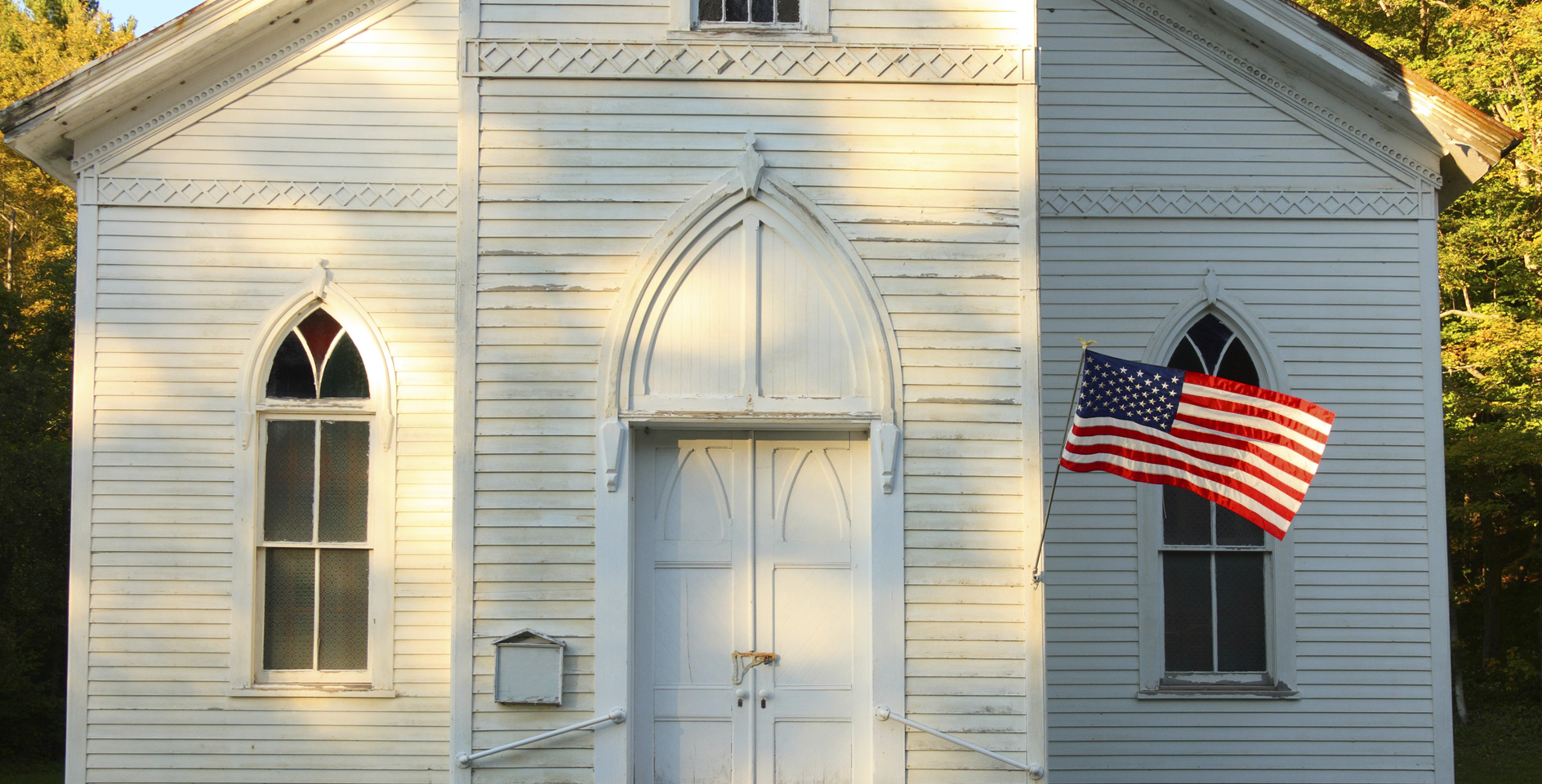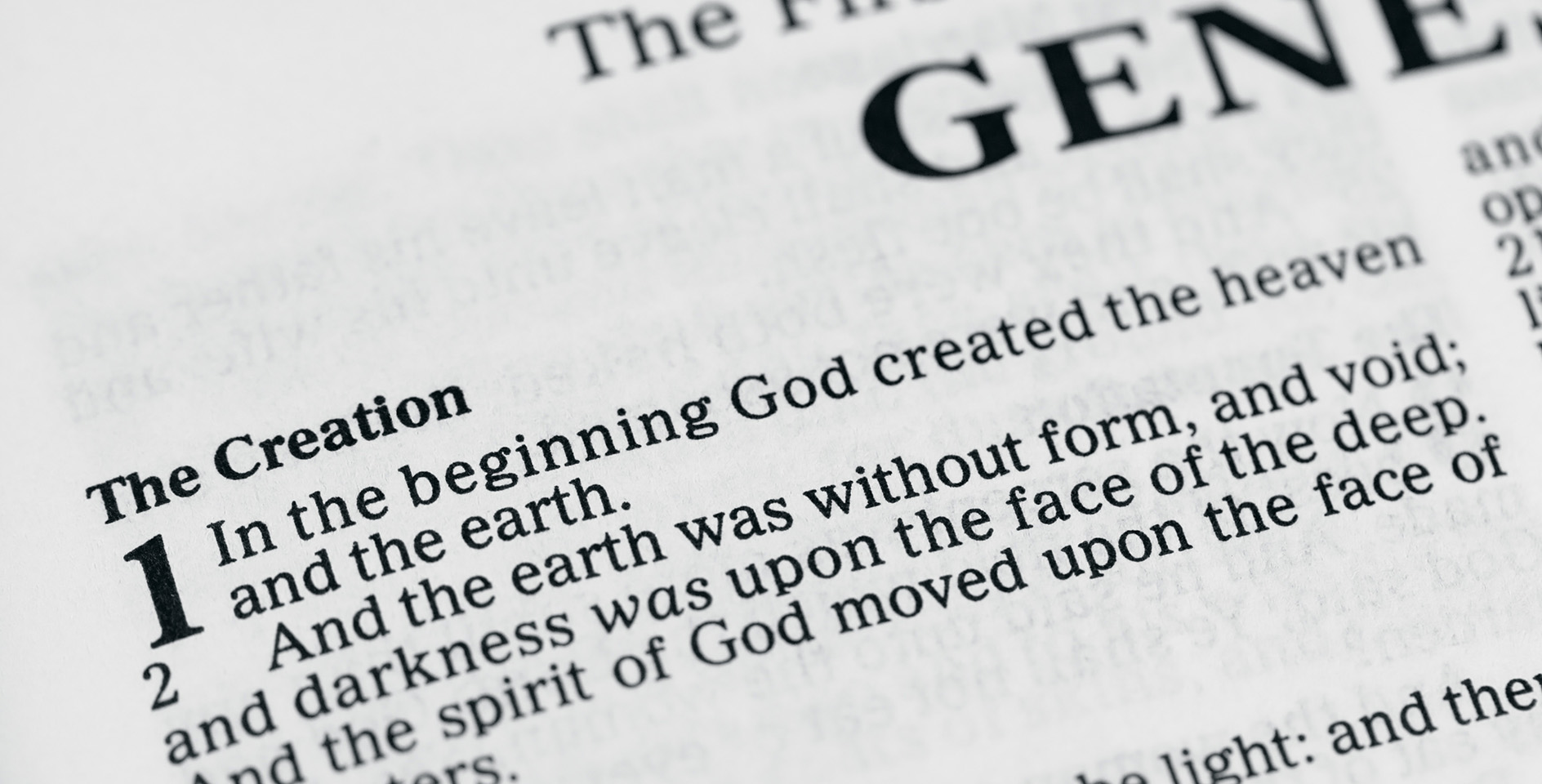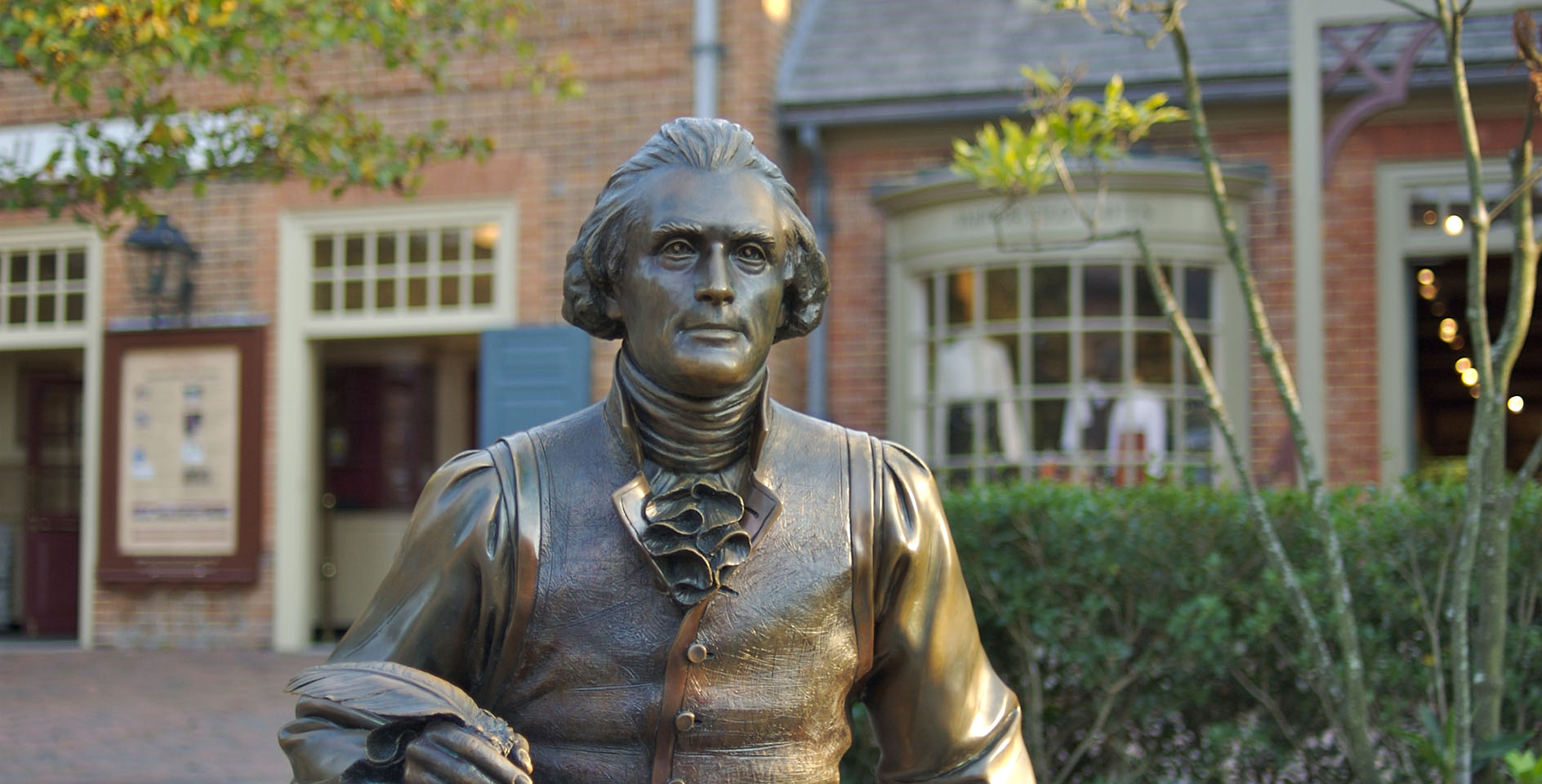Otherworld begins with a broken home, a depressed preacher and a hurting policeman. From the start, Jared Wilson crafts a compelling story that draws the reader to identify with and care for his characters. However, all of that changes once a farmer finds his cow lying dead and concludes that only aliens could be responsible. It was at this point that I knew the world was seeing a whole new side to the writings of Jared C. Wilson.
Familiar only with the non-fiction works and online presence of Wilson, I expected his first work of published fiction to tell a clever, well-written, theological allegory of sorts. In terms of clever writing and transmission of theological truth, Otherworld definitely delivers, but therein resides something more like a Frank Peretti narrative infused with the theology of Screwtape and fashioned for a hipster generation. A 21st century Pilgrim’s Progress it is not—and that’s just fine.
Not since the 1990s when I read the Christian fiction of James Byron Huggins has this type of thriller so captivated my attention. Even though not well read in the genre, I can affirm that Wilson’s venture does not, as he says, lead with a theological point with the story “as a veneer thinly painted on.” Rather, Wilson excels as a storyteller and his story is thoroughly informed by his Christianity. The reader is not left wondering what is the truth about Jesus Christ, but neither does he feel like he is reading a repackaged or cheap reinvention of whatever is selling in the comparable fiction genre of the world.Otherworld, in this sense, is groundbreaking.
The title is taken from a phrase in C. S. Lewis’ The Lion the Witch and the Wardrobe where Peter asks the Professor whether there really could “be other worlds—all over the place?” As one who grew up in Houston, this book took on special significance for the greater Houston area functions as character all its own in Otherworld. From the weather patterns, to the maze like structure of un-zoned streets and bedroom communities, Wilson does well to paint his canvas with this often overlooked city of great diversity and darkness mixed with the light of scores of noble people like those he presents as protagonists.
In terms of the sheer writing that leads and entertains, yet also reveals Wilson’s deep grasp on the human condition, I give just a few examples. Early in the book, Wilson describes the main character’s wrestling with the vacancy left by his separated wife: “Now he floated, like an astronaut off the line, minutes from suffocation, his source and safety miles away.” And later, as Wilson allows the reader to follow the process of his character’s awakening to his own sin and selfishness, “He’d made an idol of his wife, and she’d withered under the weight. We always neglect the gods we presume to possess.”
The driving forces that the main characters engage in Otherworld are demonic. To depict the size and breadth of evil, Wilson spends a good deal of time developing, very convincingly, the reality and power of these principalities. The characters in Wilson’s world are not dealing with caricatures where “it’s close to midnight and something evil’s lurking in the dark,” but rather wrestling with a prowling adversary and his accusers. While God is not centrally or overtly seen, and at times it seems the emphasis is too much on the depths of darkness, God is present and is not weak or silent. Truthfully, some readers might not be comfortable with the level at which Wilson describes the demonic otherworld, following the wise admonition to be “innocent as to what is evil” (Rom 16:19). However, Wilson does not sensationalize or celebrate the dominions of darkness. As one of Wilson’s own characters relates, some “give our Enemy far too much credit. Even more unfortunate, they believe him more powerful than he actually is. They endorse the literal equivalent of the American comedy routine catchphrase, ‘The Devil made me do it.’ This approach is not without humor but is theologically suspect (at best). We are to emulate Christ’s ministry, not Flip Wilson’s.”
In the end, the reader does well to remember that Otherworld is, and is meant to be, a work of fiction, though it reflects and comments on the reality of our world. As Wilson’s character instructs, “There are two dangers in our understanding of the Enemy and his minions. One is that we become obsessed with them; the other is that we take them too lightly. The Devil is real, and though the physical proof of the demonic manifestations is rare in the West, to disbelieve in them is to grant the Devil his greatest goal—the disbelief in the Devil himself.”
As much as Otherworld presents a thrilling mystery of the demonic played out in real lives, it regularly raises and ultimately answers a central question: Should one fear death? Here Wilson is at his pastoral best, not providing pat answers or kitschy characters that copy and paste into the narrative a “Four Spiritual Laws” tract, but rather he walks with his characters and shows how some very flawed, yet genuine, believers stand and respond to temptation and evil with shaky but ultimately persevering faith in the truth. Wilson answers questions regarding the fear of dying by subtlety and surely pointing the way to a real and triumphant God revealed in his word.
I am not one who regularly reads or watches anything remotely close to a thriller likeOtherworld. This book scared me the way an unknown roller coaster scares the first time you ride it. You know you are going to make it back in one piece, but you also know you might need some time to catch your breath and get your legs under you when you do. As much as I may regret admitting it, I had to avoid reading Otherworld late at night and always with plenty of lights on in the room.
But more than the thrills, this book awakened me again to the Ephesians 6 realities of “spiritual forces of evil in the heavenly places” and drove me to pray. I prayed for my family, for lost relatives and for peoples in dark and oppressed nations. For there are “other worlds” and an evil one seeking to steal and kill and destroy. Thanks be to God, however, “who in Christ always leads us in triumphal procession” (2 Cor 2:14) and who “disarmed the rulers and authorities and put them to open shame, by triumphing over them” in Christ (Col 2:15).
In an interview about Otherworld, Wilson says that he has another unpublished novel that he thinks is the best thing he has ever written. Given what we have seen in his non-fiction works as well as in this book, that is saying something.










